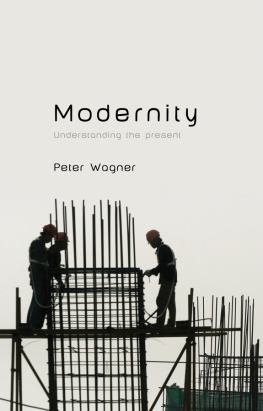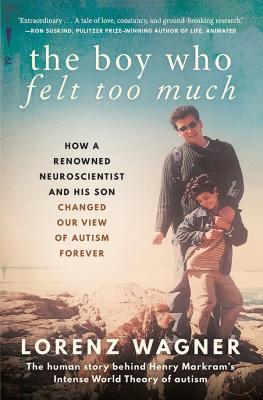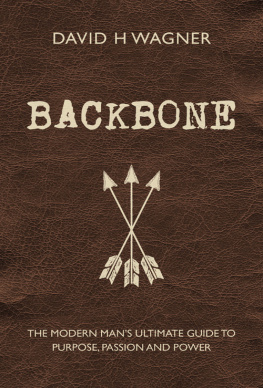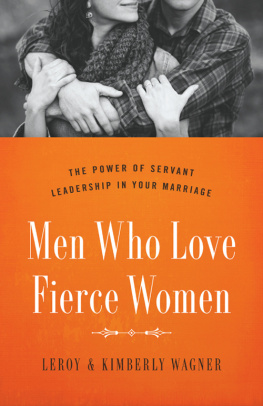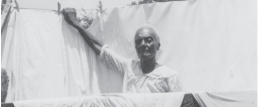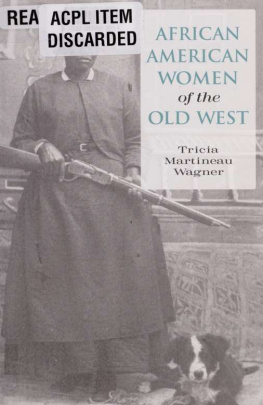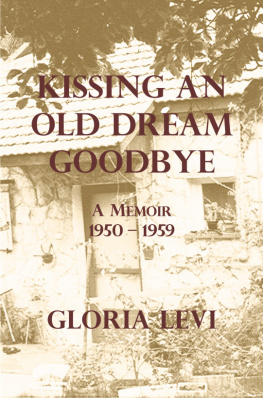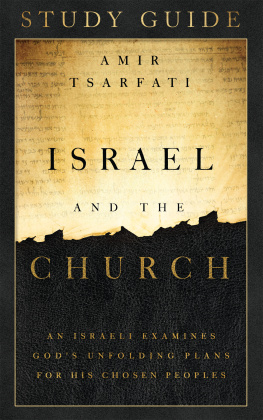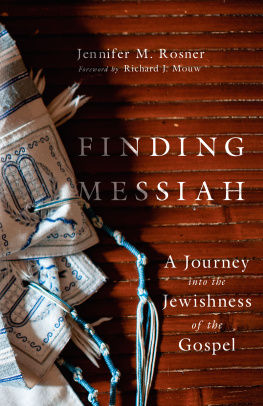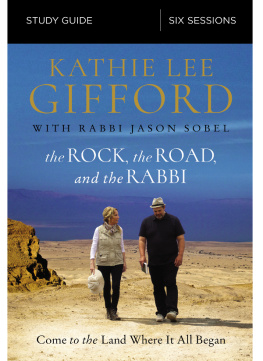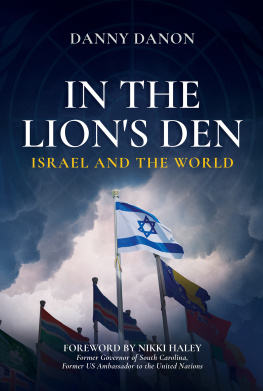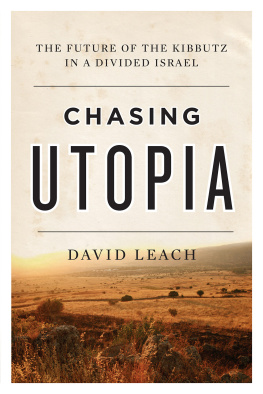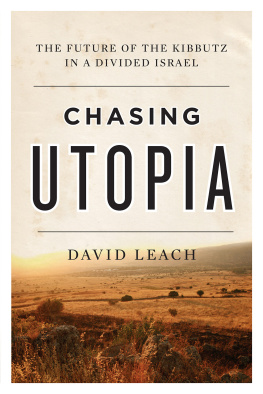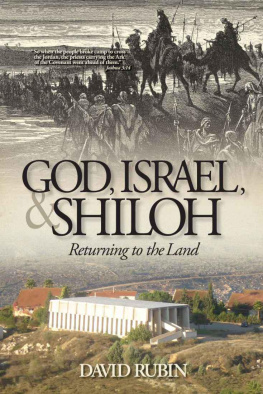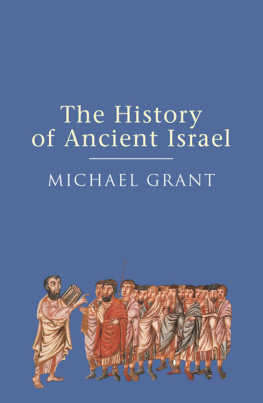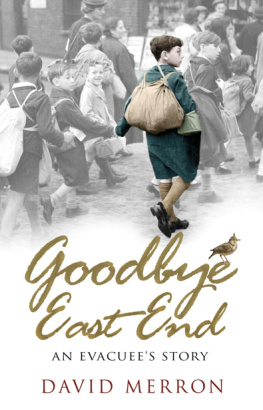Advance Praise for Paula Wagners
Newcomers in an Ancient Land
Israelis live in such a complex situation, but Wagners account is mindful of the conflicts surrounding everyday life and the difficulties integrating them with personal conflicts as well. Her sensitivity (nefesh adina), wit, and introspection are so succinctly conveyed, I didnt want to put the book down. A thought-provoking and enjoyable read.
MARYA LUX, member of Kibbutz Hazorea
A luscious guide through an important history. Wagners warmth and bravery make us open our eyes a little wider as she guides us through her and her twins journey not just living below the Golan Heights but also through adolescence in a world where its ordinary to see an Uzi casually draped over the back of the bus drivers seat.
EIREENE NEALAND, author of The Nest
A book that is part coming-of-age story, part travelogue, and that lets the reader peek into a time and place through the innocent eyes of youth. With a trustworthy voice, Wagner gives us glimpses into a life few of us will ever know, but she tells a universal story of discovering who she is when she changes where and how she lives. Would that everyone approached those from other cultures with the same openheartedness as Wagner shows in this storythe world would be a more peaceful place.
BETSY FASBINDER, coach, speaker, and author of Filling Her Shoes and Fire & Water
This thoughtful memoir about a pivotal year in Israel takes us back to a time when both the author and the nation were young, but not altogether innocent. Its a lovely interweaving of a remembered past and an older-and-wiser present moment.
RABBI NAOMI STEINBERG, Carlotta, CA
This memoir and travelogue is a refreshing read. The conversational voice and vivid details are immediately engaging... seemingly disparate elements are seamlessly woven throughout the book, well organized, and delightful to discover.
ANN GREENBERGER, Content Editor, Greenline Editing, Portland, Oregon
Let us hope some of the commitment in this book to the loving, idealistic impulse transforms Israel back (or forward) to its redemptive Jewish essence.
PETER GABLE, associate editor of Tikkun and author of The Desire for Mutual Recognition


Baruch atah, Adonai Eloheinu, Melech haolam, shehecheyanu, vkiymanu, vhigiyanu lazman hazeh. Blessed are You, Adonai our God, Sovereign of the universe, who has created us and sustained us, and brought us to this day.
Copyright 2019 by Paula Wagner
All rights reserved. No part of this publication may be reproduced, distributed, or transmitted in any form or by any means, including photocopying, recording, digital scanning, or other electronic or mechanical methods, without the prior written permission of the publisher, except in the case of brief quotations embodied in critical reviews and certain other noncommercial uses permitted by copyright law. For permission requests, please address She Writes Press.
Published July 2019
Printed in the United States of America
Print ISBN: 978-1-63152-529-2
E-ISBN: 978-1-63152-530-8
Library of Congress Control Number: 2019902942
For information, address:
She Writes Press
1569 Solano Ave #546
Berkeley, CA 94707
Interior design by Tabitha Lahr
She Writes Press is a division of SparkPoint Studio, LLC.
Names and identifying characteristics have been changed to protect the privacy of certain individuals.
For my mother Jean, who shared her love of language and believed I could write.
For my father Leon, whose Jewish heritage set me on a lifelong journey.
CONTENTS
Introduction:
SUNRISE OVER THE GOLAN
I crept along a dirt road under a black dome studded with stars on my way to my job as a volunteer in the vineyards of Kibbutz Dan. At four in the morning, only the chirping of crickets and the crunch of my work boots broke the peace along this deserted stretch of the pre-1967 border between Israel and Syria. Until the rest of the work crew arrived at six, I would be alone. Or would I?
DANGER, EXPLOSIVES, KEEP OUT warned the faded signs in Hebrew, English, and Arabic on a haphazard barricade of rusty barbed wire, broken concrete, thorn trees, and weeds. From just beyond, I could hear a faint braying, and I caught a glimpse of something white and flowing. A parachute? My heart pounded and my red hair stood on end as adrenaline surged through every cell in my eighteen-year-old body. But on closer inspection, it was only the billowing jellaba of a Syrian farmer tilling his fields with a hand-held plow drawn by a recalcitrant donkey. Such a biblical vision made it hard to imagine that conflict still racked this ancient land.
One by one, the stars winked out, the sky turned pale, and a rosy glow backlit the massive shoulders of the Syrian hills hunched over the valley. I knew those silhouetted hills hid bunkers; and in those bunkers crouched soldiers; and in the crosshairs of their Kalashnikovs, I could be a target. Yet for a moment, a wild part of me dared imagine that the sight of a nave young girl in khaki shorts and shirt might offer a welcome distraction from the tedium of war.
By now, opalescent clouds of apricot, lavender, and magenta were gathering at fever speed. Just when it seemed the light could get no brighter, a blinding fireball burst over the mountains. Quaking in my boots, yet quivering with delight, I stood transfixed by the beauty and danger of this ancient land in which I was a newcomer.

The Israel that greeted me on that distant, dusty road no longer exists except in memory. Today, parts of the Promised Land have been paved over to such an extent that the life and landscape of the early sixties in this story may sound fantastical. Humming freeways carry a population of nine million between skyscrapers and shopping malls. Villages have become towns and towns have burgeoned into cities in a building frenzy designed to accommodate a population that has tripled in half a century. Jerusalem, while officially united, remains a tale of two cities deeply divided, East and West.
Of course, I too have grown and changed from a teenager whose life was practically a blank slate into a professional woman, wife, mother, grandmother, writer, and more. But back then, Israel and I were in many ways coming of age like a pair of adolescents (we had, after all, come into being only three years apart). In that sense, the countrys cocky chutzpah and can-do attitude were a good match for my own mix of idealism and bravado. If the countrys pioneering spirit inspired me, my post-war generation was a source of hope and renewal for Israel after the Holocaust.
But the countrys heady idealism was not shared by all. As I was falling in love with my adoptive homeland, I was barely aware that Palestinians were grieving the loss of theirs. What Israelis called the War of Independence, they called the Naqbaa national disaster that had driven them into squalid refugee camps in an unwelcoming diaspora. But after two thousand years of exile and persecution, the new Jewish inhabitants had little sympathy for the misfortunes of Palestinian refugees. While ordinary citizens on both sides longed for peace, security and geopolitical issues beyond their control increasingly overshadowed their desires. Although it would still be several years before the War of 1967 launched the ongoing occupation of Palestinian lands outside Israels recognized borders, the clouds of conflict were never far from the horizon.
Next page

